A new device can freely and efficiently change the frequency of microwave signals, enabling communication between otherwise incompatible quantum systems.
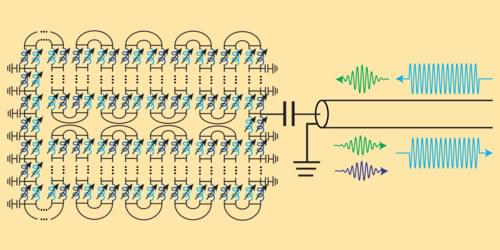


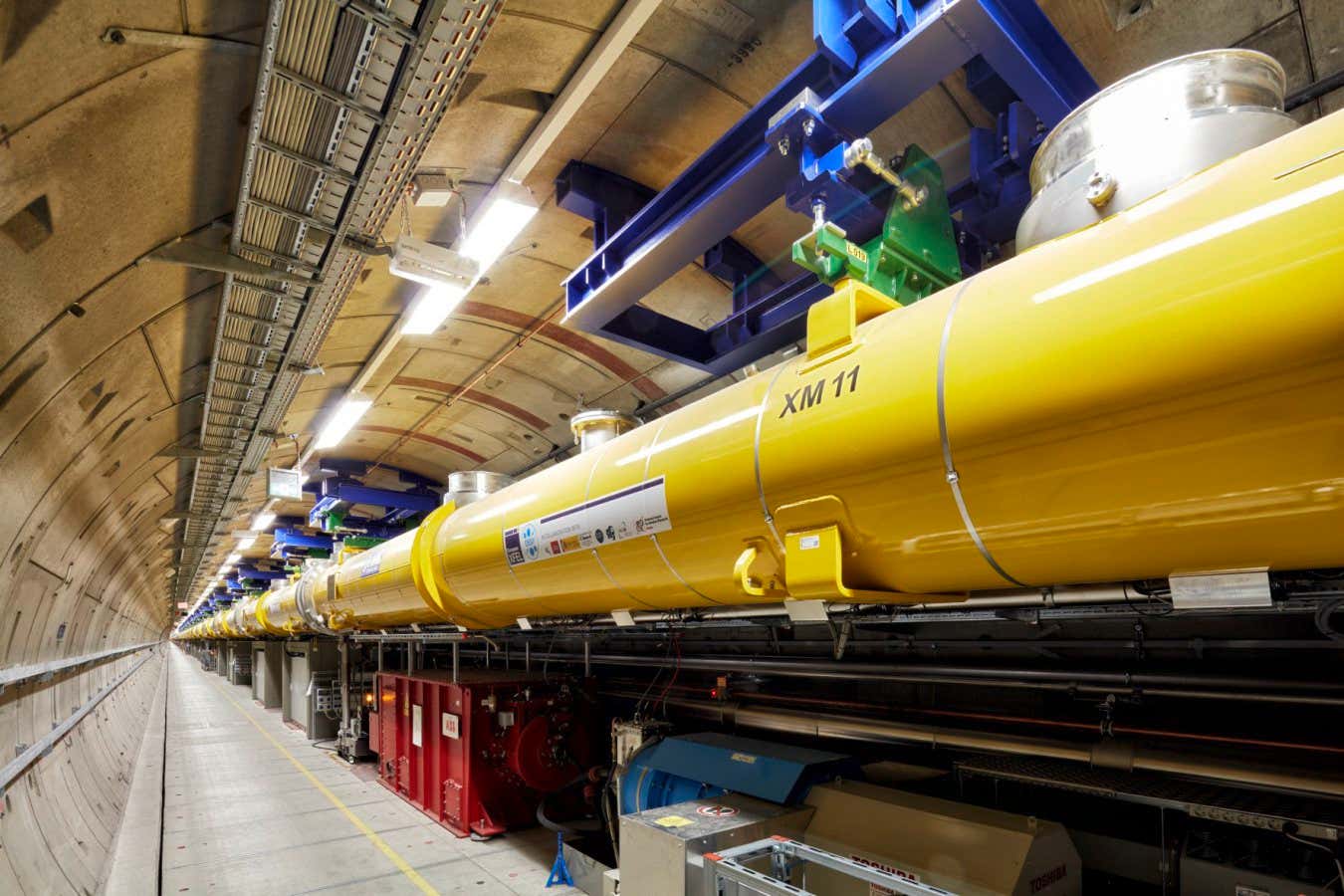

Magnetism plays a pivotal role in many biological systems. However, the intensity of the magnetic forces exerted between magnetic bodies is usually low, which demands the development of ultra-sensitivity tools for proper sensing. In this framework, magnetic force microscopy (MFM) offers excellent lateral resolution and the possibility of conducting single-molecule studies like other single-probe microscopy (SPM) techniques. This comprehensive review attempts to describe the paramount importance of magnetic forces for biological applications by highlighting MFM’s main advantages but also intrinsic limitations. While the working principles are described in depth, the article also focuses on novel micro- and nanofabrication procedures for MFM tips, which enhance the magnetic response signal of tested biomaterials compared to commercial nanoprobes. This work also depicts some relevant examples where MFM can quantitatively assess the magnetic performance of nanomaterials involved in biological systems, including magnetotactic bacteria, cryptochrome flavoproteins, and magnetic nanoparticles that can interact with animal tissues. Additionally, the most promising perspectives in this field are highlighted to make the reader aware of upcoming challenges when aiming toward quantum technologies.
Philosophers of physics aren’t just thinking deep thoughts; they’re making concrete contributions! From loop quantum gravity’s critique of string theory to Landauer’s principle, their insights force physicists to rethink assumptions. #PhilosophyOfPhysics #QuantumGravity #StringTheory #PhysicsResearch #TheoreticalPhysics
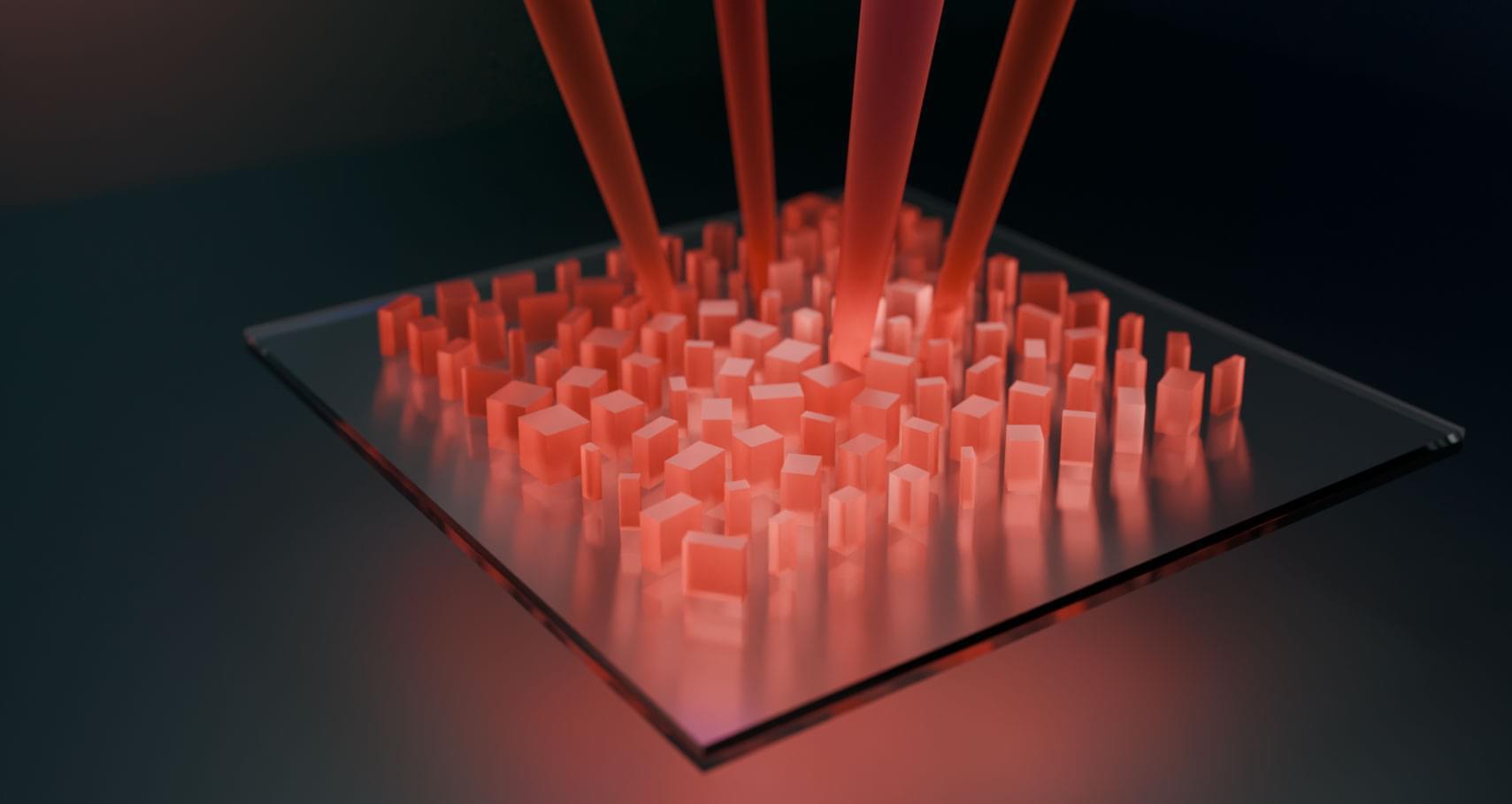
In the race toward practical quantum computers and networks, photons — fundamental particles of light — hold intriguing possibilities as fast carriers of information at room temperature. Photons are typically controlled and coaxed into quantum states via waveguides on extended microchips, or through bulky devices built from lenses, mirrors, and beam splitters. The photons become entangled – enabling them to encode and process quantum information in parallel – through complex networks of these optical components. But such systems are notoriously difficult to scale up due to the large numbers and imperfections of parts required to do any meaningful computation or networking.
Could all those optical components could be collapsed into a single, flat, ultra-thin array of subwavelength elements that control light in the exact same way, but with far fewer fabricated parts?
Optics researchers in the Harvard John A. Paulson School of Engineering and Applied Sciences (SEAS) did just that. The research team led by Federico Capasso, the Robert L. Wallace Professor of Applied Physics and Vinton Hayes Senior Research Fellow in Electrical Engineering, created specially designed metasurfaces — flat devices etched with nanoscale light-manipulating patterns — to act as ultra-thin upgrades for quantum-optical chips and setups.
Researchers blend theoretical insight and precision experiments to entangle photons on an ultra-thin chip.

Quantum distance refers to a measure of quantum mechanical similarity between two quantum states. A quantum distance of one means that the two quantum states are the same, whereas a quantum distance of zero implies that they are exactly the opposite. Physicists introduced this concept in the realm of theoretical science a long time ago, but its importance has been increasingly recognized in the field of physics only in recent times.
In the last few years, many experimental physicists have tried to measure the quantum distance of electrons in real solid-state materials, but a direct measurement of the quantum distance and thus quantum metric tensor—a key geometric quantity in modern physics defined in terms of the distance between nearby quantum states—has remained elusive so far.
Since the quantum metric tensor is highly relevant in explaining and understanding fundamental physical phenomena in solids, it is, therefore, crucial to come up with an effective methodology for its direct measurement in solid-state systems.
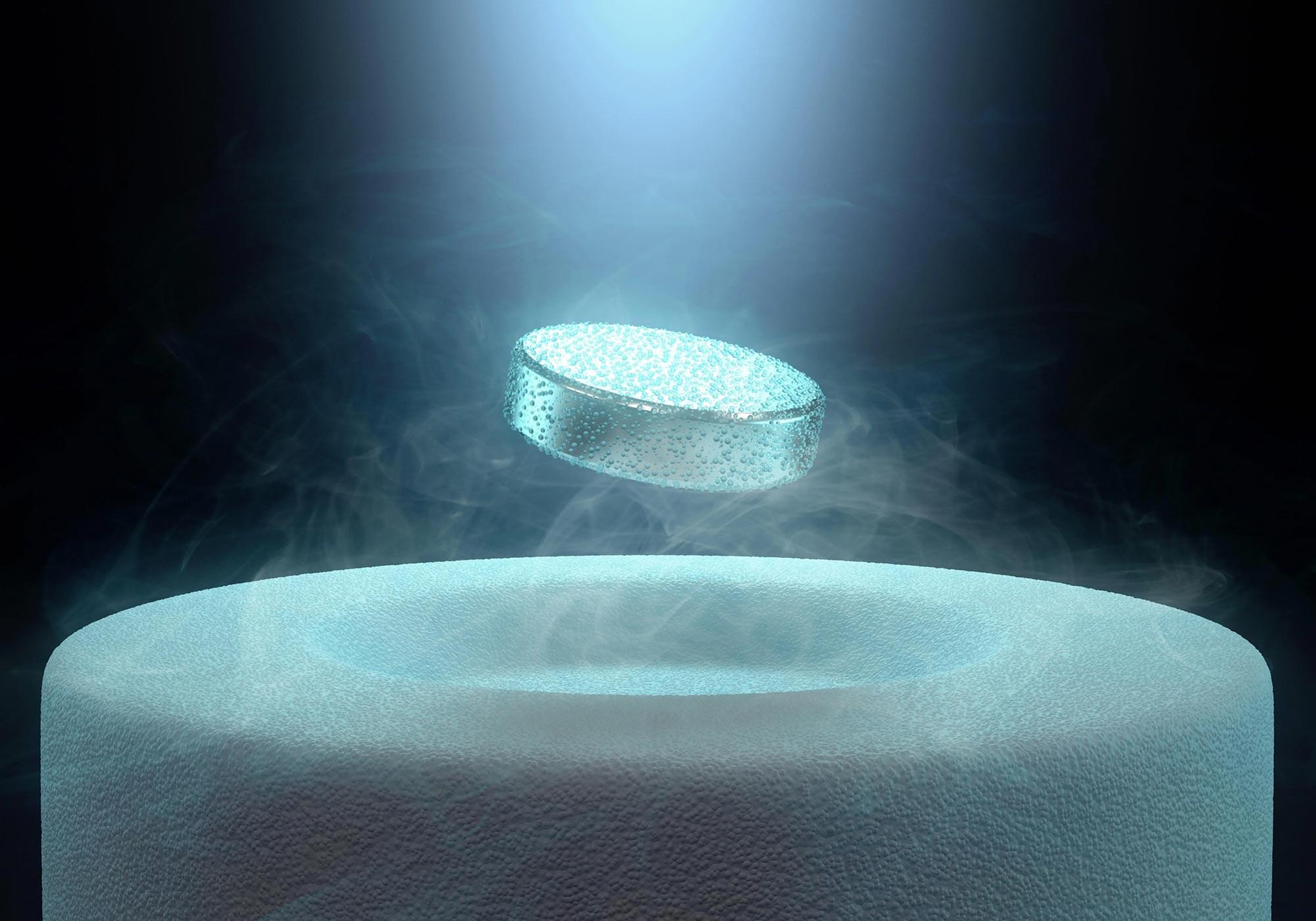
A Copenhagen team has unlocked a clever “backdoor” into studying rare quantum states once thought beyond reach.
Scientists at the Niels Bohr Institute, University of Copenhagen, have discovered a new approach for investigating rare quantum states that occur within superconducting vortices. These states were first proposed in the 1960s, but confirming their existence has proven extremely challenging because they occur at energy levels too small for most experiments to detect directly.
This breakthrough was achieved through a mix of creative problem-solving and the advanced development of custom-made materials in the Niels Bohr Institute’s laboratories. The research findings have been published in Physical Review Letters.
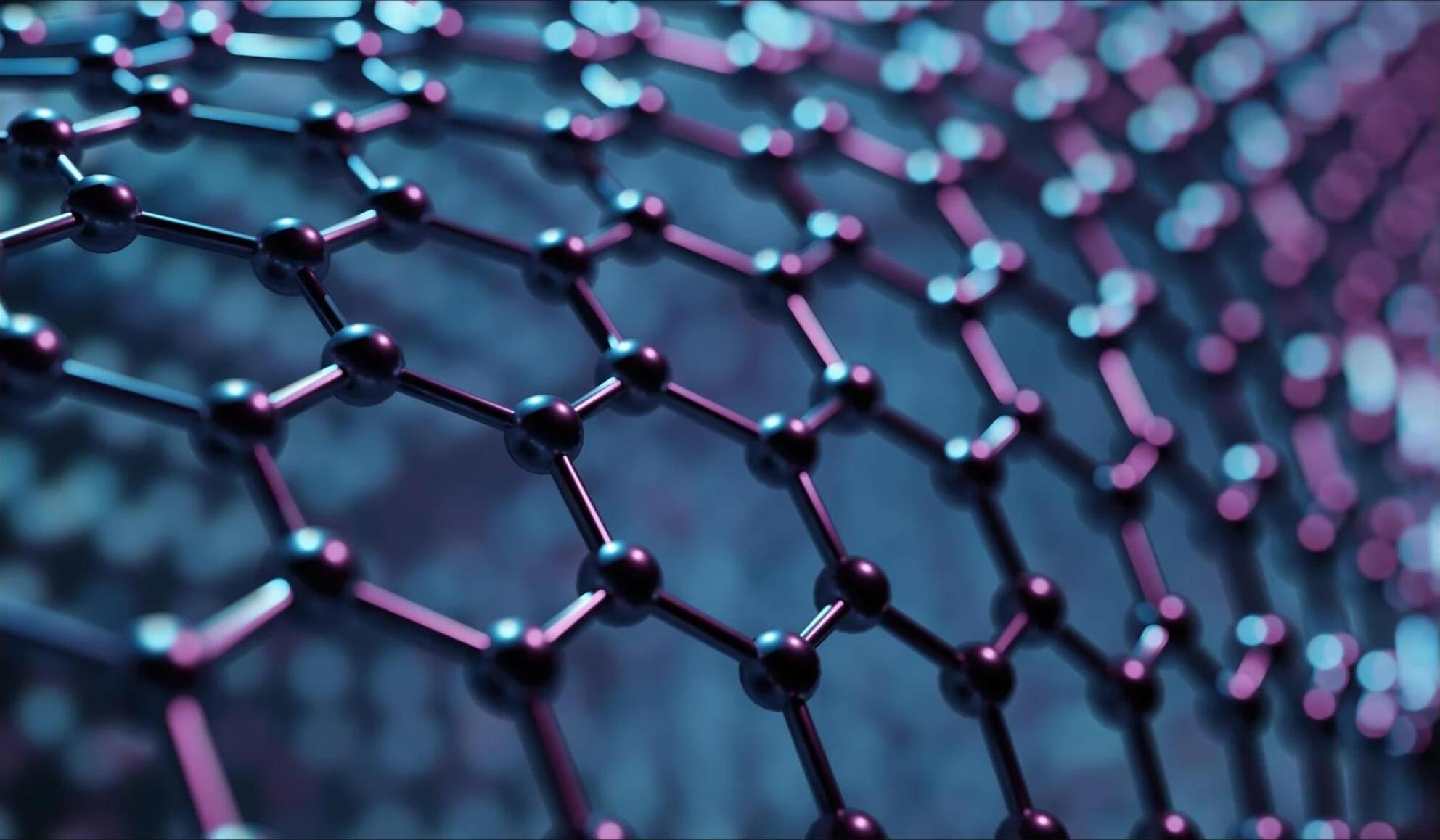
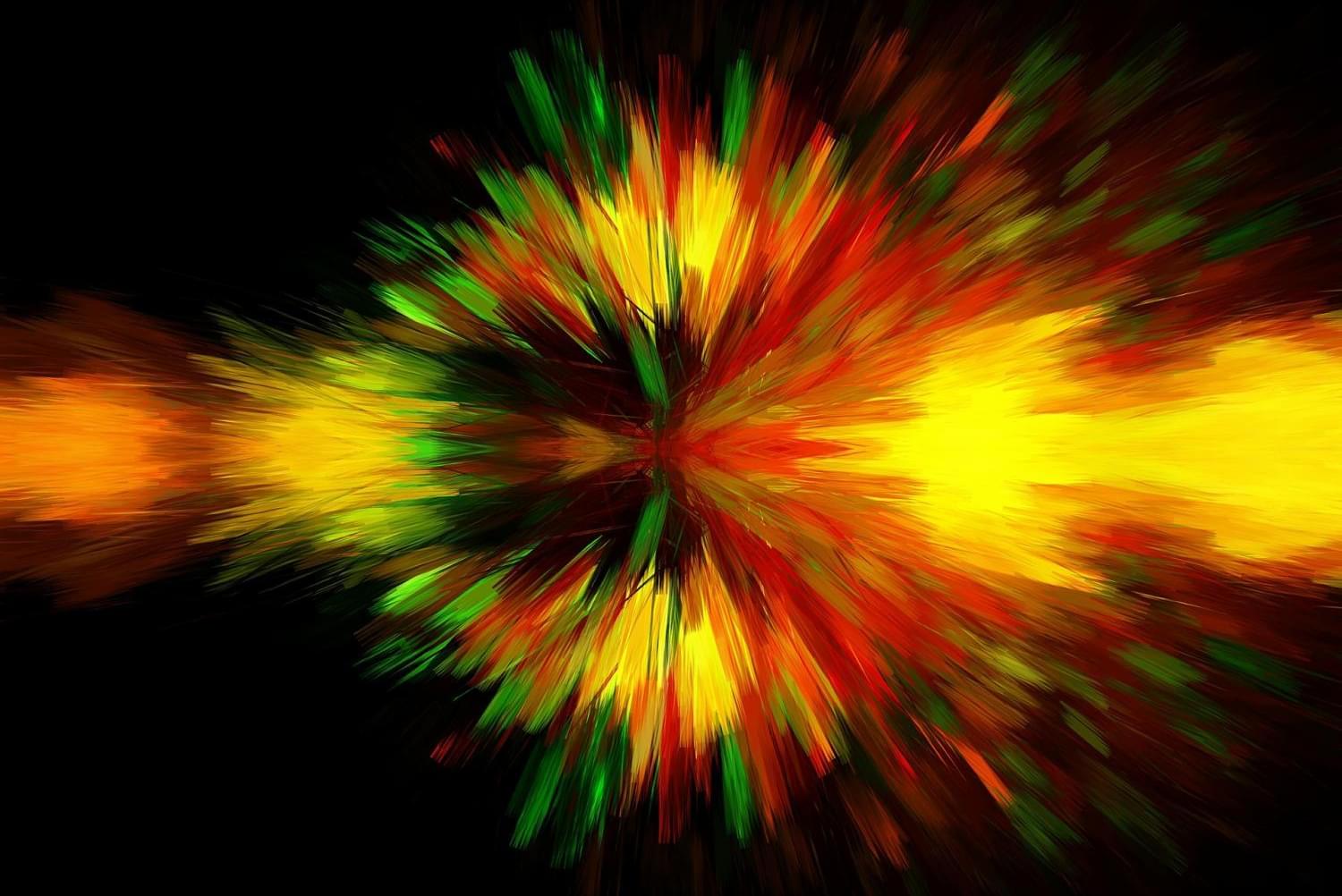
Three nano-glass spheres cling to one another. They form a tower-like cluster, similar to when you pile three scoops of ice cream on top of one another—only much smaller. The diameter of the nano cluster is ten times smaller than that of a human hair.
With the help of an optical device and laser beams, researchers at ETH Zurich have succeeded in keeping such objects almost completely motionless in levitation. This is significant when it comes to the future development of quantum sensors, which, together with quantum computers, constitute the most promising applications of quantum research.
The team’s work appears in Nature Physics.